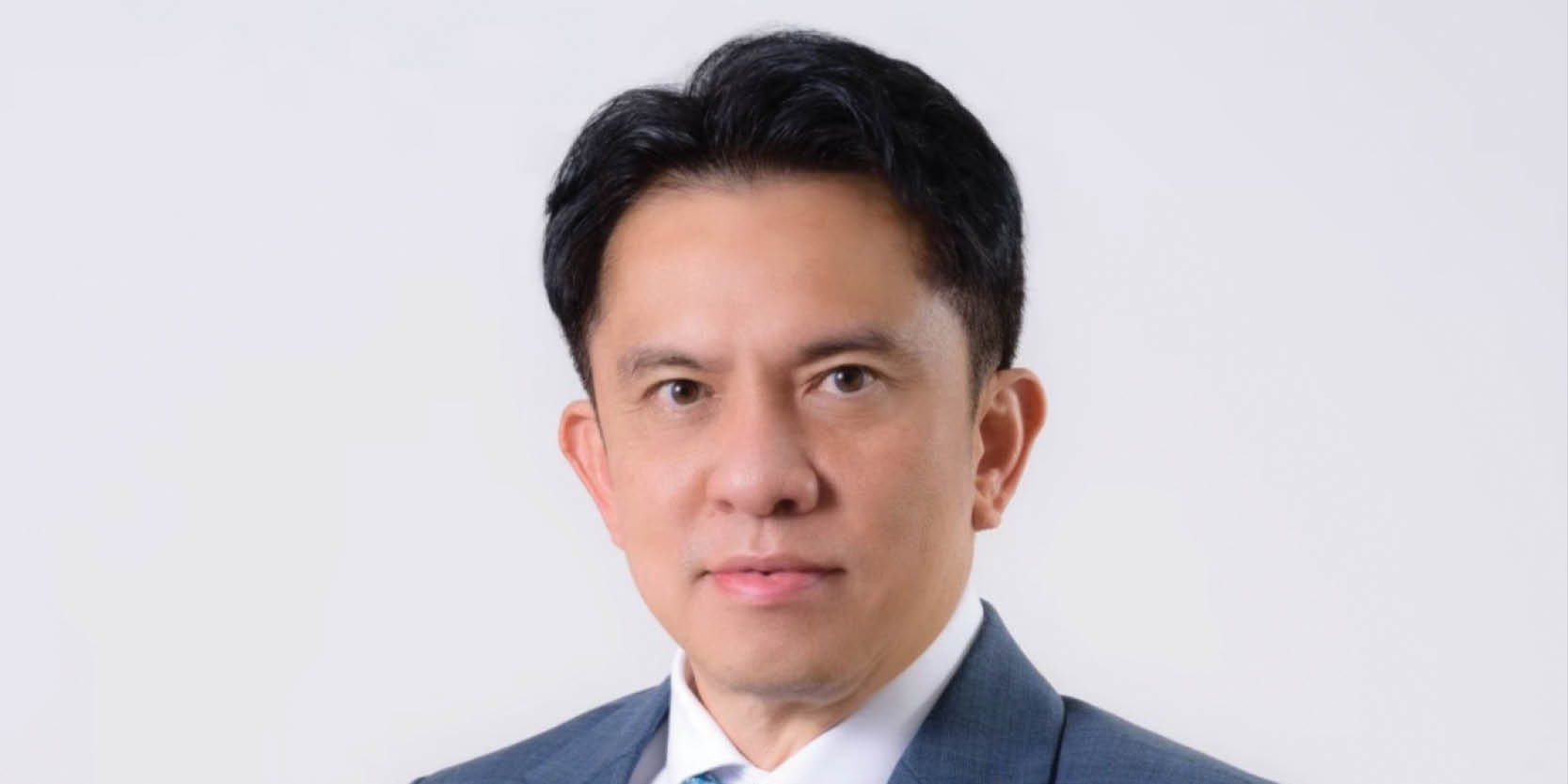The integration of geospatial with advancements in Artificial Intelligence (AI), Machine Learning, the Internet of Things (IoT), and other emerging tech marks a transformative era in understanding and interacting with our world. Geospatial not only enhances decision-making and planning but also fosters a collaborative and innovative ecosystem for sustainable development.
Digital Transformation Catalyst
Geospatial serves as the backbone for numerous applications critical to the digital transformation of societies and economies. From disaster response and urban planning to agriculture and smart cities, the application of geospatial data, when combined with AI and IoT, unlocks a myriad of possibilities.
The ability to conduct real-time or near real-time analysis and visualization leads to timely insights for decision-making. This fusion of technologies enables faster, more dynamic monitoring and provides better insights into various phenomena affecting our world.
Digital Twins and high-definition maps exemplify the critical role of geospatial visualization in digital transformation, acting as essential components in creating more resilient and efficient urban environments.
Thailand is moving towards a Geospatial Knowledge Infrastructure, emphasizing the importance of open data initiatives, standardization, and collaboration that includes coverage and partnerships.
The initiative “GI for All” in Thailand makes Geospatial data available and accessible for all. The Five-Year plan from 2023-2027 encourages relevant government agencies to release geospatial data under open license to promote transparency, collaboration, and innovation.
This initiative will enable developers and researchers to leverage geospatial information for a wide range of applications and services. Standardization and protocols for Geospatial design format metadata and API will facilitate the opportunity in different system.
By making geospatial data accessible and fostering partnerships across government, private sector, academia, and non-profits, there is a need to innovate and support the development of a comprehensive geospatial ecosystem.
Enhancing Resilience
The implementation of Digital Twins has the potential to significantly enhance Thailand’s resilience to natural disasters, develop livable smart cities, and enable effective environmental conservation.
It allows for the simulation and optimization of city infrastructures, offering a tool for urban planners and policymakers to improve the quality of life for residents and ensure sustainable urban development. Digital Twins can also track environmental change and predict future scenarios where policymakers can effectively address climate impacts.
Additionally, by facilitating the analysis of environmental changes and energy consumption, Digital Twins contributes to more informed climate action and energy planning. By providing ready-to-use information and solutions, businesses utilizing satellite imagery is supported for various applications, from agriculture to infrastructure monitoring.
This encourages the development of geospatial data-driven business models. This approach not only serves the immediate needs of the Thai people but also lays the groundwork for a vibrant and innovative geospatial ecosystem.
Global Cooperation
Earth Observation and geospatial data offer a unique, objective view of our planet that transcends political boundaries, making them powerful tools for international cooperation. By providing reliable information, these technologies can help mitigate geopolitical tensions and foster collaboration on shared challenges such as climate change and environmental conservation.
Thailand’s digital transformation is advancing and also contributing to a future where technology enables a more resilient, sustainable, and interconnected world.
This is being done through open data access, standardization, and partnerships, bridging the gap between technology and opportunity, We need to pave the way for a future where geospatial innovation plays a central role in shaping societies and economies for the better.
Disclaimer: Views Expressed are Author's Own. Geospatial World May or May Not Endorse it








